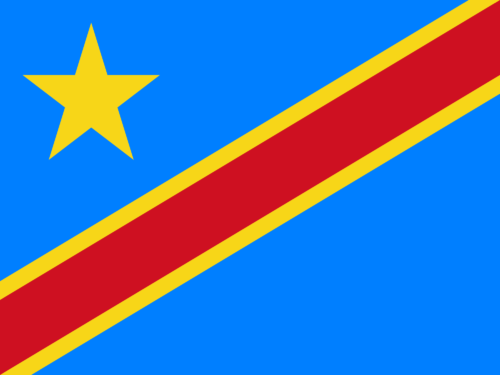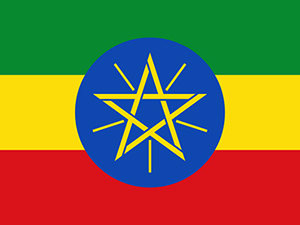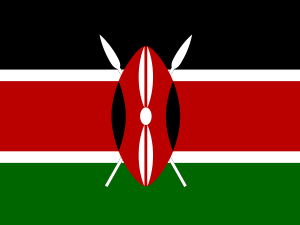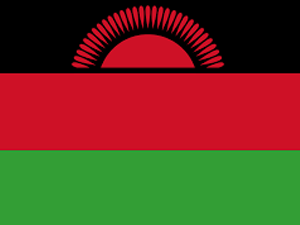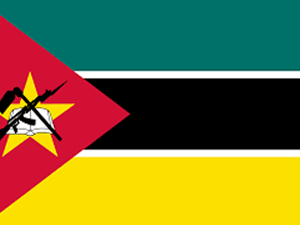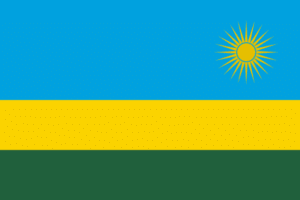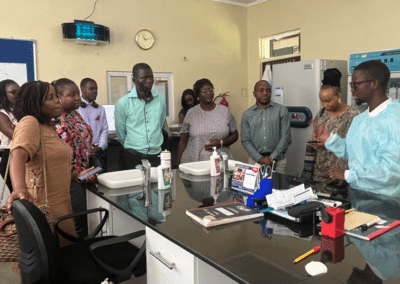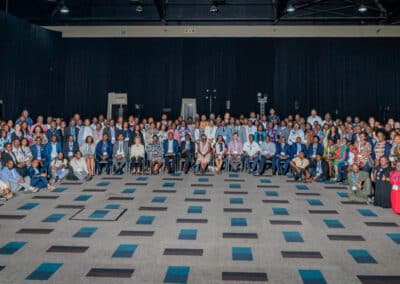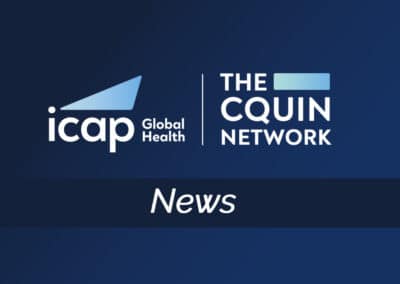Rudo Kuwengwa, MD, MPH, joins CQUIN as a Regional Clinical Advisor for East and Southern Africa providing technical support to network countries to expand and enhance differentiated service delivery (DSD) policies.
Prior to joining CQUIN, Dr. Kuwengwa was the senior program manager at the Zimbabwe Technical Assistance, Training, and Education Center for Health (Zim-TTECH). She has over 10 years of experience in HIV prevention, treatment, and care programs working with the Zimbabwe and Eswatini Ministries of Health.
You are joining us from Zim-TTECH, what was your role there and how does it relate to your new role with CQUIN?
I was the senior program manager at Zim-TTECH and in that role, I was responsible for overseeing HIV programming in one of Zimbabwe’s provinces to ensure that PEPFAR programs were implemented with fidelity. My role included ensuring the implementation of DSD models within the province with an emphasis on the scale-up of less intense DSD models. Working during the COVID-19 pandemic called for innovation in implementation leading to a further scale-up of DSD during this period. I was also responsible for sub-partner management for Africaid/Zvandiri a sub-implementing partner responsible for implementing DSD for children, adolescents, and young people living with HIV. Prior to joining Zim-TTECH, I worked with the HIV program within Ministries of health in Eswatini and Zimbabwe. The experience I have gained cumulatively on the frontline of HIV program implementation and DSD implementation will assist me in my new role at CQUIN as I bring all this knowledge and skill with me. Being familiar with Eswatini and Zimbabwe country programs will also be an added advantage.
What do you think of CQUIN’s work in helping countries scale up DSD?
CQUIN has made tremendous strides in scaling up DSD within countries. I remember attending CQUIN’s inception meeting as part of team Zimbabwe and thinking we have so much work to do. However, when I look at the progress that has been made in individual countries and across all the network countries, I am amazed. It just shows how much can be achieved through teamwork and advocacy. There is still a lot more to be done but I do not doubt the capabilities of all country teams. With support from CQUIN, countries can further provide DSD programs to all sub-populations within all geographic locations.
From your experience, what are some of the key challenges you think countries face in implementing and scaling up DSD?
I think DSD is not uniformly implemented in all sub-populations and sub-national locations due to several reasons. Some of these reasons include the structure of funding within countries e.g., PEPFAR, Global Fund, and government funding and country policies affecting key population programming.
The other challenge is not being able to report on DSD activities and program outputs and outcomes from routine country reporting systems.
While DSD is centered around the needs and preferences of recipients of care sometimes it is difficult to measure if service delivery has in fact met the needs and preferences of the recipients of care as most countries have no system for collecting data from communities.
How can CQUIN continue to support countries, especially through the challenges?
It is evident that CQUIN is aware of these challenges and has already set up communities of practice to support countries with many of the challenges. Additionally, continuous advocacy of DSD policies and programs through different stakeholders is important to ensure buy-in from all key implementing stakeholders. The sub-national dashboard which has recently been adopted will also assist with scaling up DSD in sub-national locations.
This interview is part of the series: Perspectives on differentiated service delivery, exploring expert views and insights into the importance of DSD in sub-Saharan Africa, and the unique challenges they face in advancing services for people living with HIV. For more updates on this series, and other network activities, sign up for our newsletter monthly newsletter.





